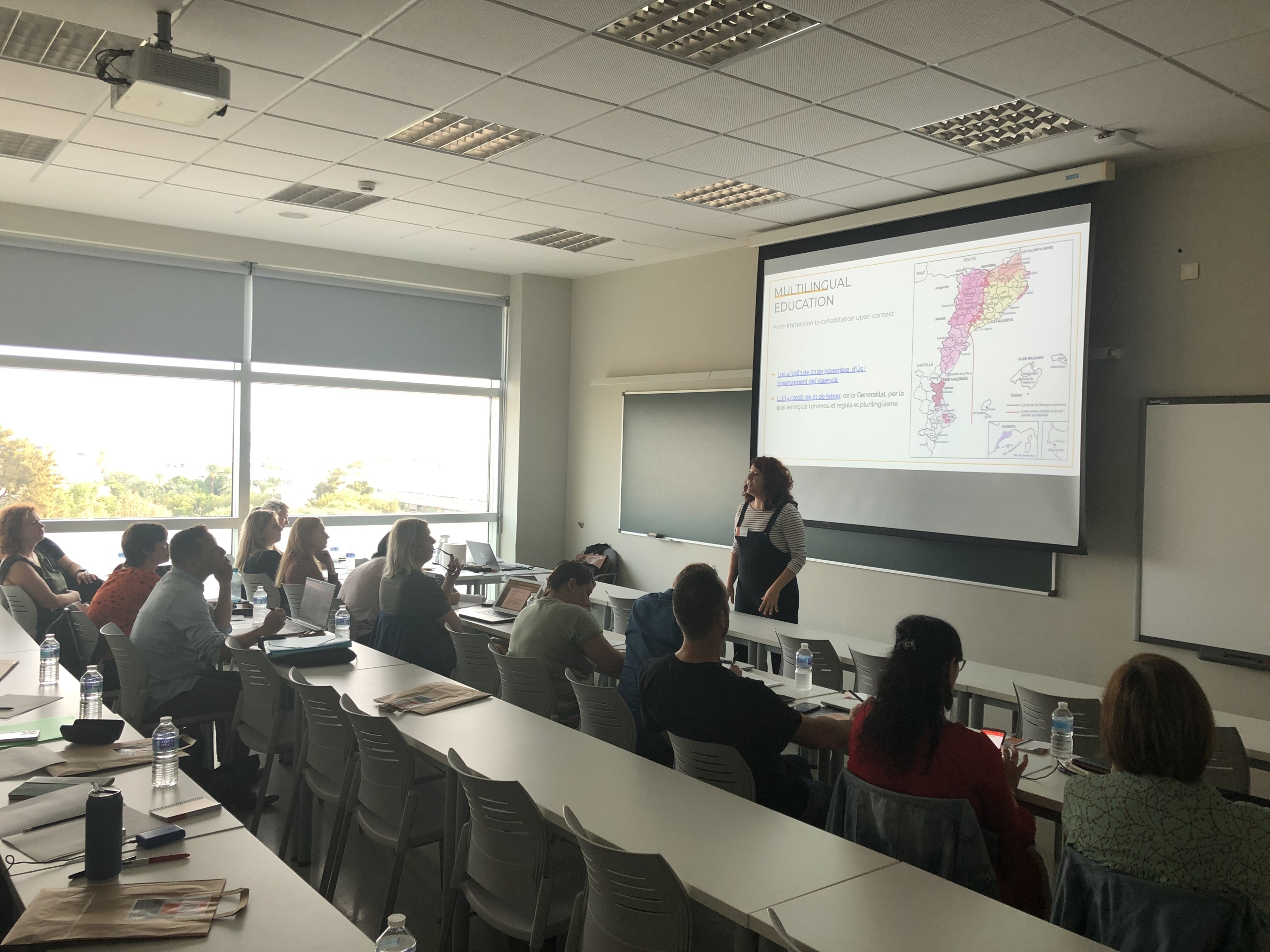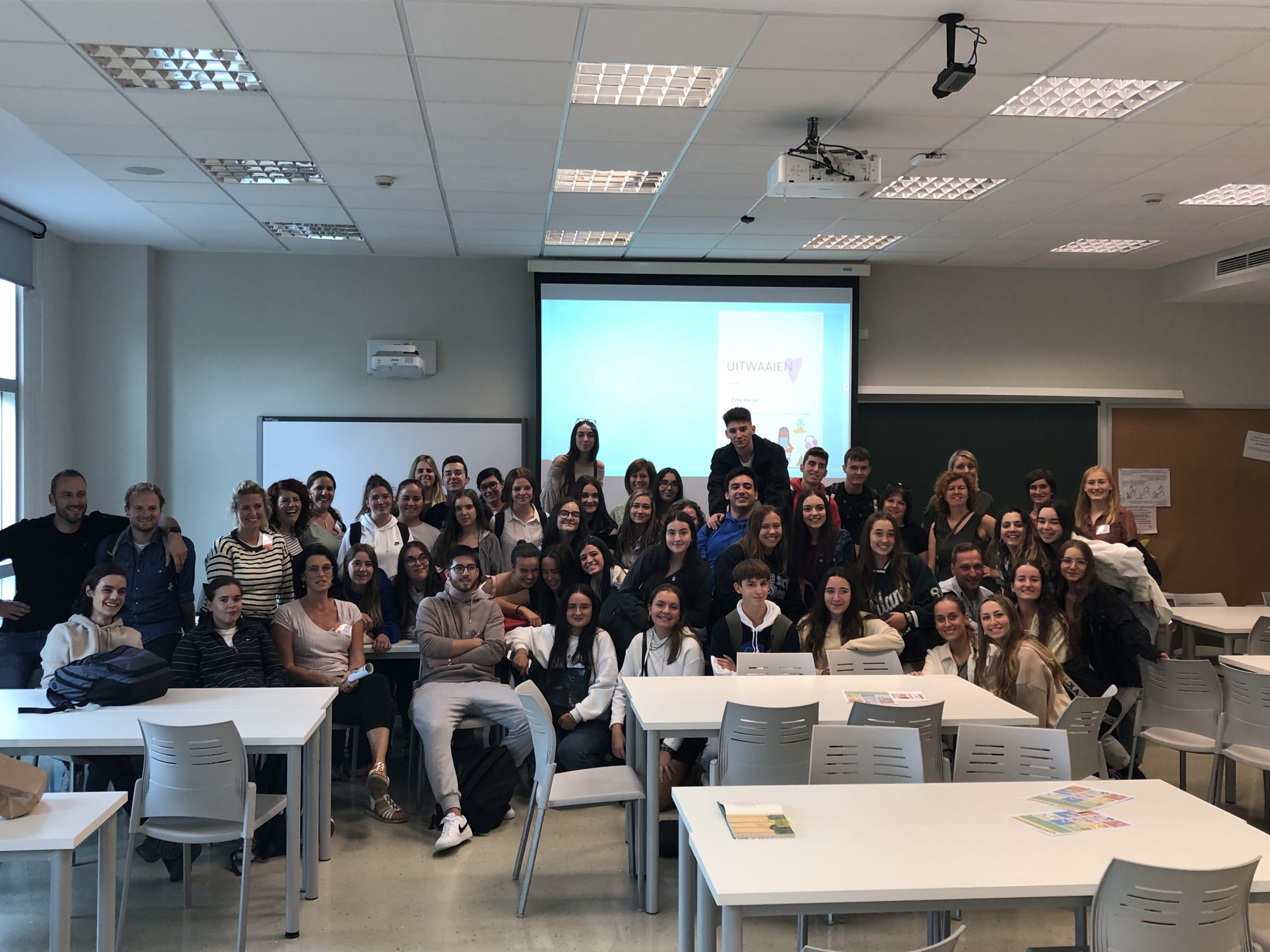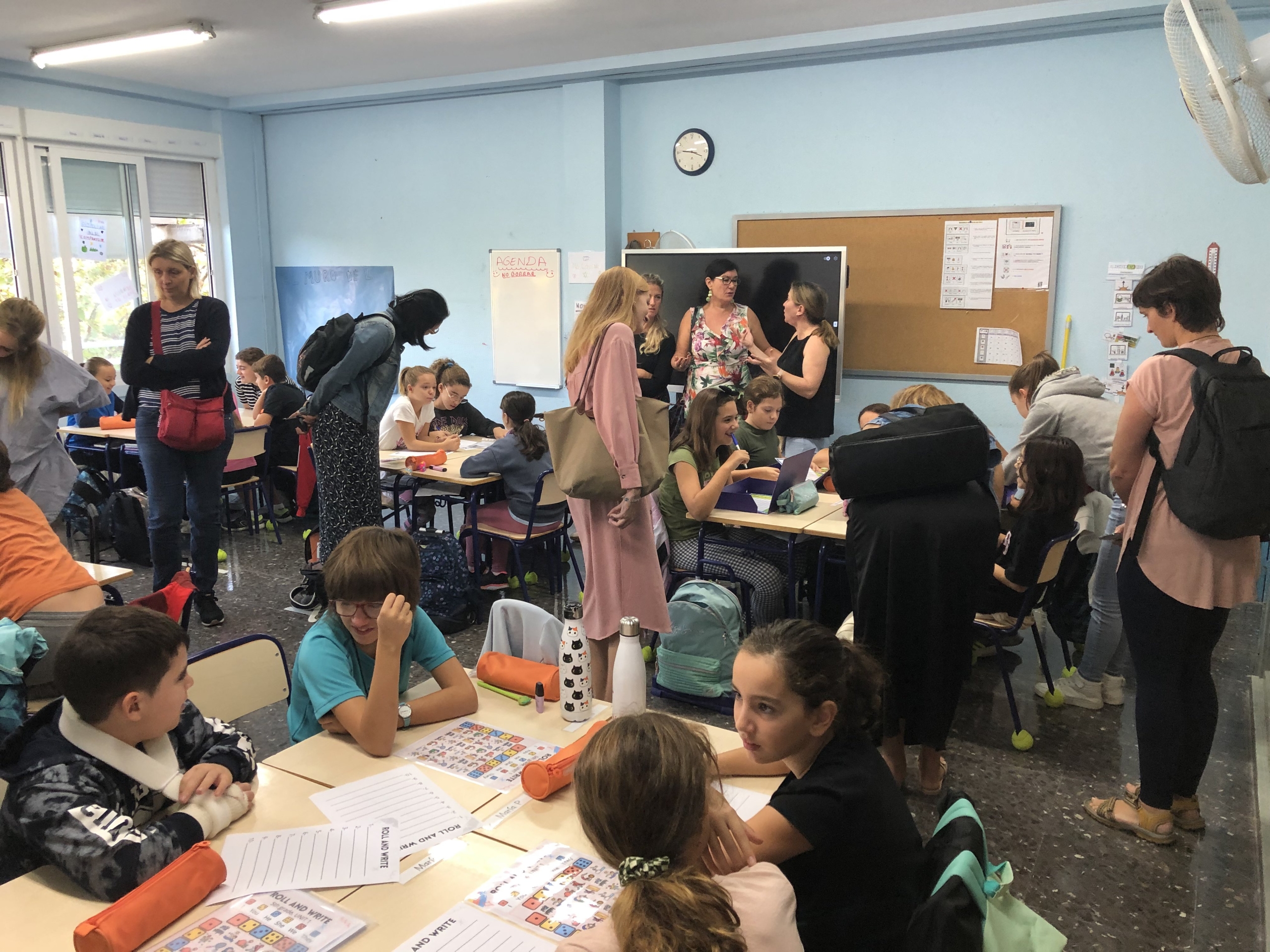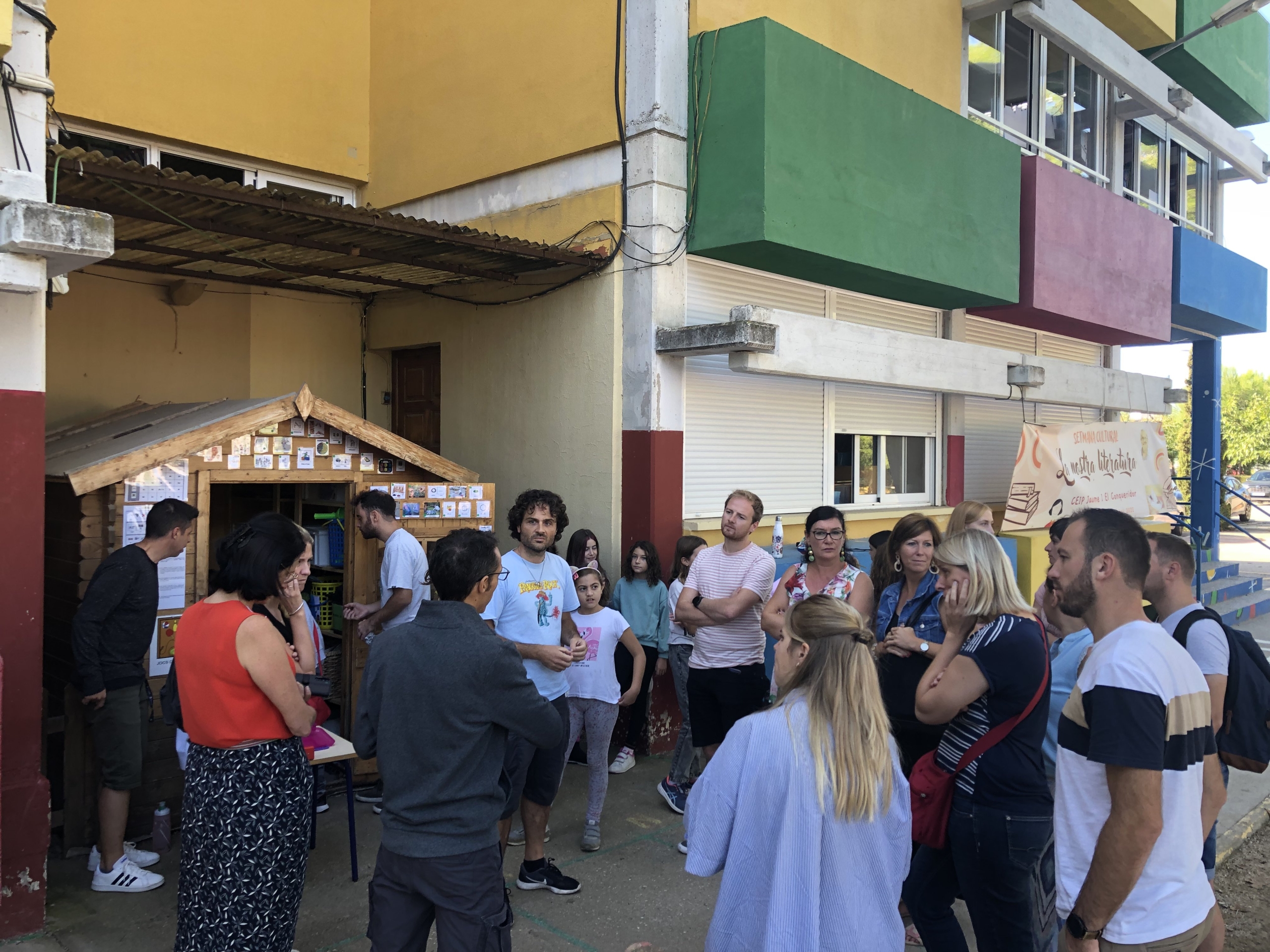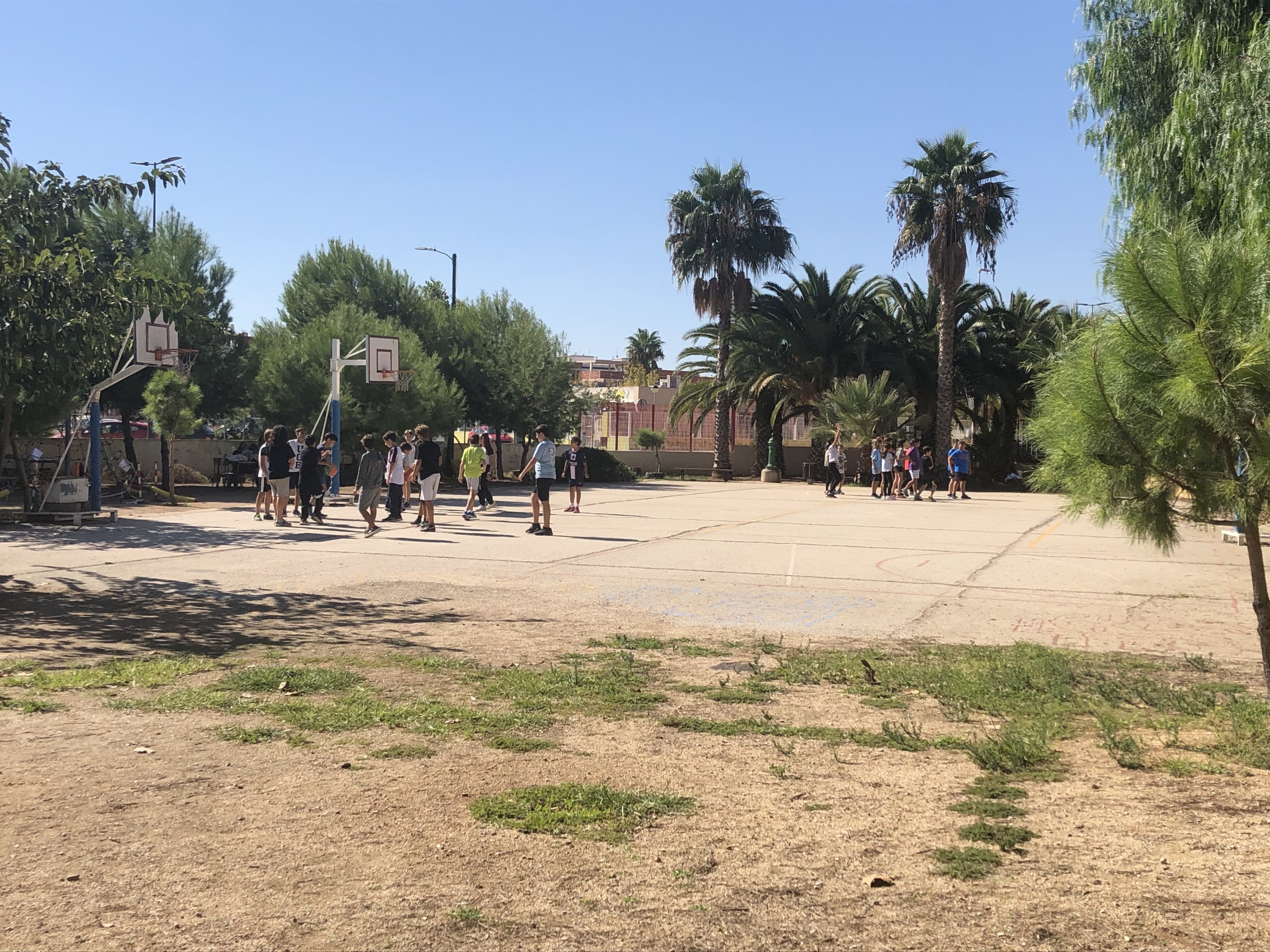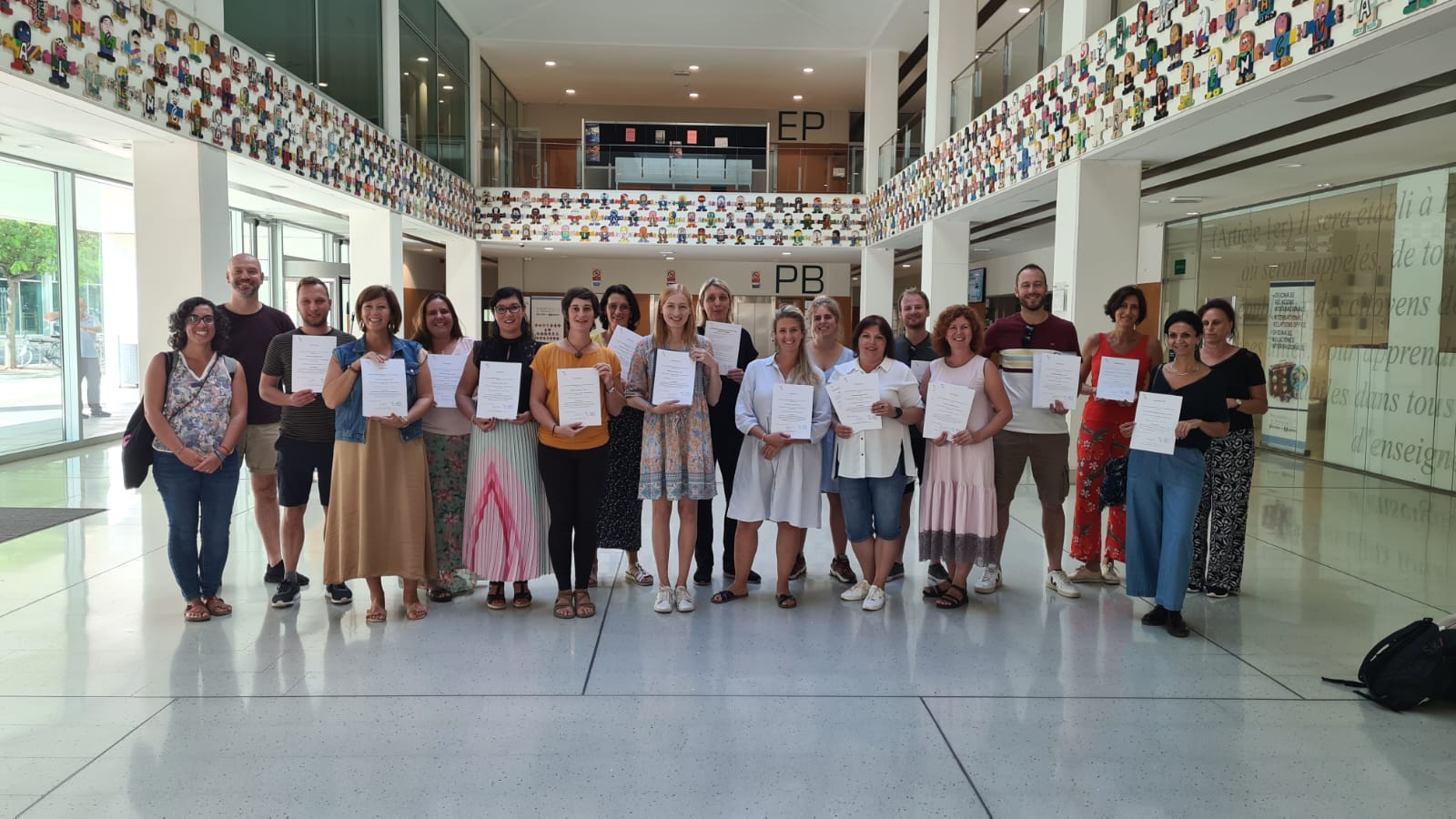Pre-Registration
02/10/2023 – 06/10/2023 Valencia (Spain)
Would you like to participate in this course next school year 2023-2024? Please make a pre-registration so we can keep you informed about this course.
Final Registration
02/10/2023 – 06/10/2023 Valencia (Spain)
Would you like to confirm your participation for this course in the schoolyear 2023-2024? Secure your place and make a final registration.
Dates can be subject to change and are only final after official confirmation by the course provider.
The idea of the course is to learn about the latest methodologies for learning foreign languages, analyse the results obtained with these methodologies and present the conclusions, their advantages and needed requirements. Theoretical backgrounds are illustrated with real life study visits at bilingual schools in a multilingual environment.
The basis of multilingual pedagogies is the fact that education is not simply ‘done to students’, but includes students in their learning processes. Especially in areas where teachers and children from different background, socio-educational spaces, linguistic origin,… encounter each other during those learning process, this is a huge challenge. In a multilingual situation it is more difficult to envision how to build on the language existing practices of all students.
Spain is divided into several ‘states’ or ‘Comunidades Autónomas’, which share power on education with the central government. Several of these ‘states’ are officially bilingual and Spain in general, has a lot of non-native inhabitants and students .
In the past, the use of the local national languages were forbidden or discouraged. But recently the government developed a system for increasing the knowledge, use, and status of those local national languages.
As in Catalonia, Galicia and the Basque Countries, also in the Valencian Community, students have courses in two languages (here: Spanish or Castilian and Valencian or Catalan) and still must be able to pass their national exam of Spanish (Castilian). The results are astonishing as in the bilingual education the results for that national examen of Spanish are above the national average. This indicates that bilingual teaching, enhances the learning of both languages. Additionally, a lot of the students are non-native a speak a different language at home (Arabic, Berber, an African or Indian language…). In this course we have a look at how schools tackle this interesting situation.
Final registration
Secure your place and make a final registration HERE.
Date
02/10/2023 – 06/10/2023 (Valencia)
If this date doesn’t suit you we can organise an additional session for your school/organisation if there are at least 12 participants.
Target group
Target group for this course are teachers, trainers, educational counsellors, career counsellors, school psychologists, headmasters, school management and administrative staff working in either primary schools, secondary schools, VET schools, training centers, adult education, higher education, kindergarten and NGO’s.
Please be aware that the course may include teachers from different school levels.
Language
The course is organized in English
VALENCIA – SPAIN
The course is organized on different locations: University of Valencia and at the visited schools.
There is a very easy access from the airport to the city centre with the metro.
COURSE FEE
– For a detailed explanation, have a look at our ‘Cost Structure‘.
FUNDING
– You can request an Erasmus Plus grant from your national agency which will cover almost all costs of this course.
– We can guide you through the process of funding and application. To do so, you need the make a pre-registration.
– After pre-registration, we’ll contact you by mail and provide the application help.
TAXI FROM AIRPORT TO HOTEL
– There is a taxi service at the airport that can drive you to your hotel. The normal price is about € 20.
METRO
– You can take the metro located in the airport and leave the metro at the station closest to your hotel. Cost is approximately € 3.90 for the journey. Please find a metro map of Valencia right HERE.
